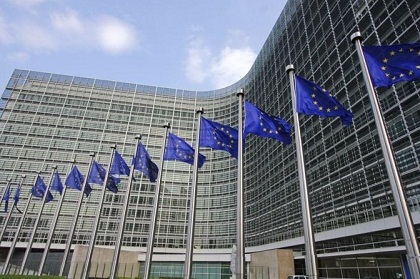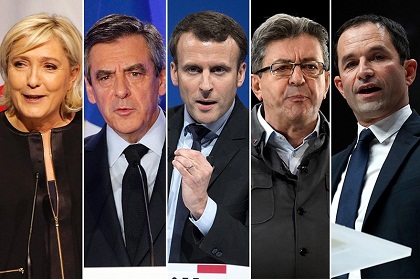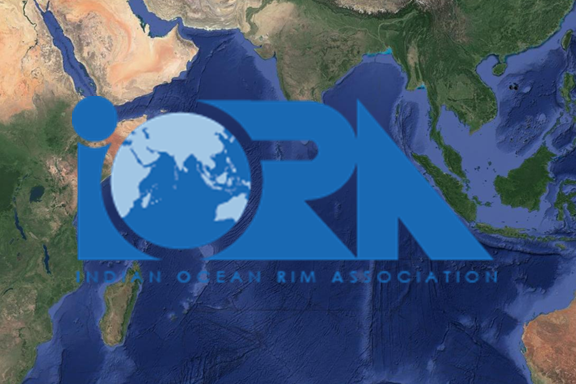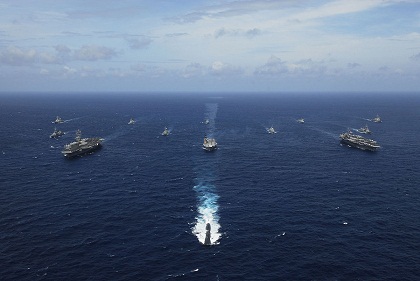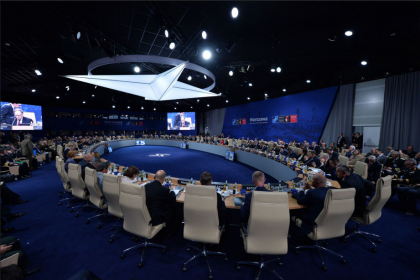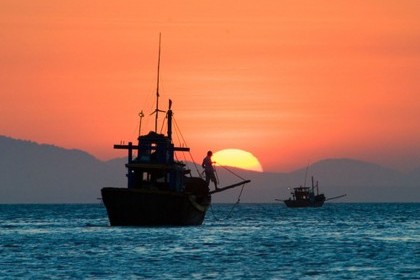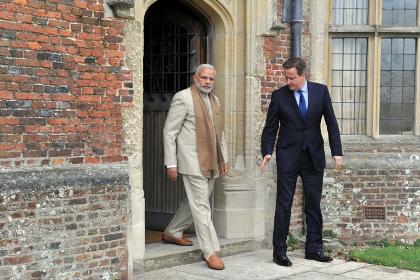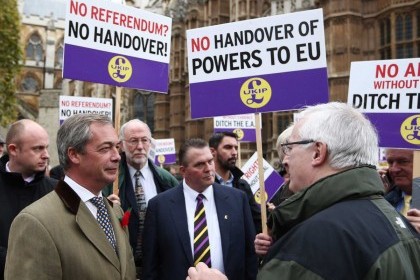EU: unity not a value anymore?
Britain will begin its formal exit process from the European Union on March 29. Signs that the European Union will survive are clear: public opinion is turning finally in its favour. The European economy has resumed creating jobs, and the unemployment rate, although still high, is steadily declining. Yet, what remains of the project is likely to have a different animus

